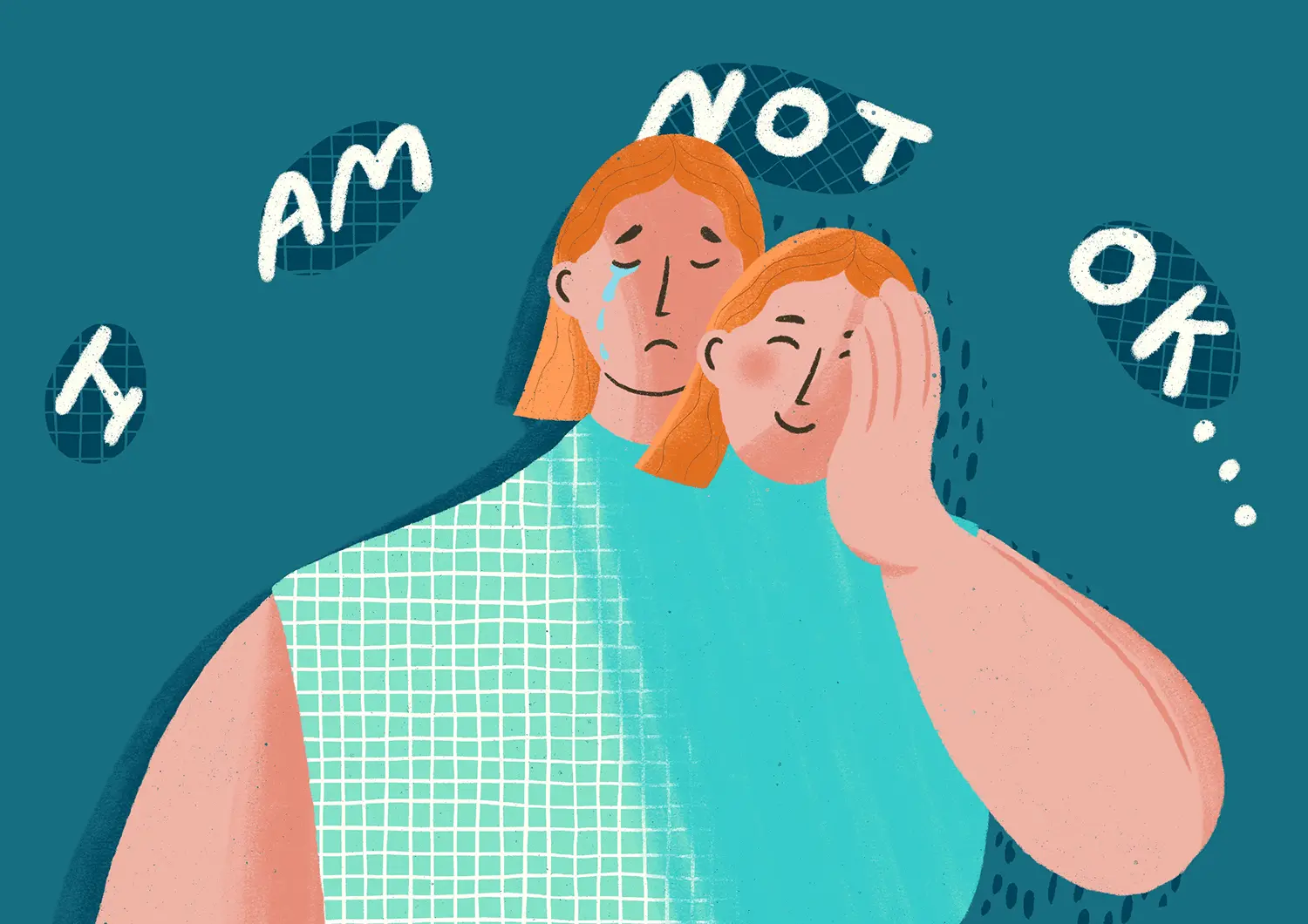
Photo: Movie"Time Still Turns The Pages"
*🎞 spoiler alert*
In the recently released film "Time Still Turns the Pages", the story revolves around Cheng Sir (played by Chung Yip Lo), the protagonist who stumbles upon an anonymous suicide note in his school, and embarks on a quest to uncover the identity of the at-risk student. As Cheng Sir delves deeper into this mission, he finds himself navigating his own past, reliving poignant childhood memories, confronting the haunting specter of his brother's tragic suicide, and grappling with the lasting wounds that have overshadowed his marriage.
Prior to the untimely death, Eli (Cheng Sir's brother) faced derision from his elitist parents, constant comparison, teasing from teachers and peers at school, and an internalized belief in denying himself. In his diary, Eli poured out his innermost thoughts and emotions:
"I'm nobody important. I'll be forgotten soon."
"When I grow up, I'll never become the kind of adult I dream of being."
The release of the movie coincides with a concerning surge in student suicides. In 2023, a total of 306 student suicides were recorded, with over 10% resulting in loss of life. The CUHK Faculty of Medicine conducted a comprehensive survey on the mental health conditions of children and adolescents between 2019 and 2023. The survey included 6,082 schoolchildren and adolescents aged 6 to 17 years old. The findings revealed worrisome rates of suicidal thoughts, planning, and attempts, with a 12-month prevalence of 3.9%, 1.9%, and 1.1% respectively. Notably, secondary school students exhibited significantly higher rates, with figures of 8.4%, 3.8%, and 2.3% respectively.
A significant finding from the study was that nearly half of the caregivers expressed hesitance in seeking professional help, even when they observed signs of clinical mental illness in children and adolescents. The primary reasons cited for this reluctance were the perception that the issue was not severe enough, fear of social stigma associated with seeking help, and a lack of awareness about available avenues for assistance.

The journey of youth is meant to be vast, yet understanding why young individuals choose to end their lives may remain elusive. Multiple factors come into play, such as their mental state, level of community involvement, experiences as they navigate adulthood, family relationships, the education system, academic pressures, and the culture of competition, among others. These elements intertwine in complex ways, contributing to the challenges they face.
Regarding developmental factors, young individuals are inherently vulnerable due to the incomplete development of the prefrontal cortex in their brains. This incomplete development impacts their self-awareness and behavior. The prefrontal cortex, responsible for higher cognitive functions like decision-making, impulse control, understanding consequences, social interactions, understanding others, and self-perception, undergoes ongoing development until around the age of 25. A study conducted by Harvard University suggests that the activity in the medial prefrontal region during social situations peaks around 15 years of age. As a result, young individuals may experience a developing sense of self, higher levels of anxiety compared to adults, and a tendency towards impulsive behaviors.
While brain development does influence the thoughts and behaviors of young individuals, it is important to emphasize that suicidal ideation is a complex phenomenon involving multiple factors. Taking into account the case of Eli in the film "Time Still Turns the Pages", it is evident that he undergoes a series of distressing experiences, including the suicide of his cherished cartoonist, his father tearing up the cartoon, the dismissal of his dedicated piano teacher, his struggles with insomnia without access to medical assistance, and his growing perception of becoming a burden to his family.
These cumulative circumstances contribute to his overwhelming sense of helplessness, ultimately leading him to contemplate suicide as an escape from his pain.

Photo: Movie "Time Still Turns The Pages"
The situation of the young boy in the movie aligns with the Interpersonal Theory of Suicide (Van Orden, 2010). According to this theory, suicidal ideation encompasses two central concepts:
- Thwarted belongingness and
- Perceived burdensomeness
Thwarted belongingness refers to a state of psychological distress where an individual's need for connection and belongingness is not fulfilled. Even when surrounded by others, they may not feel a genuine sense of connection or care from those around them.
Perceived burdensomeness involves the belief that one's presence and actions impose a burden on others. When individuals feel incompetent and lack a sense of belonging, they may easily experience feelings of hopelessness and lose their sense of purpose for the future, which can contribute to the development of suicidal thoughts.
In addition to suicidal ideation, another significant factor in understanding suicide risk is the acquired capability for suicide. This concept encompasses the mentality of being unafraid of death and pain. According to this theory, repeated exposure to painful experiences can diminish the fear of death and increase tolerance for physical pain, ultimately contributing to the acquisition of the capability for suicide. Additionally, assessing suicide risk involves considering various factors such as the accessibility of lethal means in the environment and whether an environment allows the act of suicide. These factors, along with others, play a role in determining an individual's overall risk for suicide.
In the upcoming article, we will delve into the topic of identifying signs of suicidal tendencies and provide practical guidance for family members and caregivers. We will explore effective approaches to help children discover a sense of purpose and meaning in their lives.


